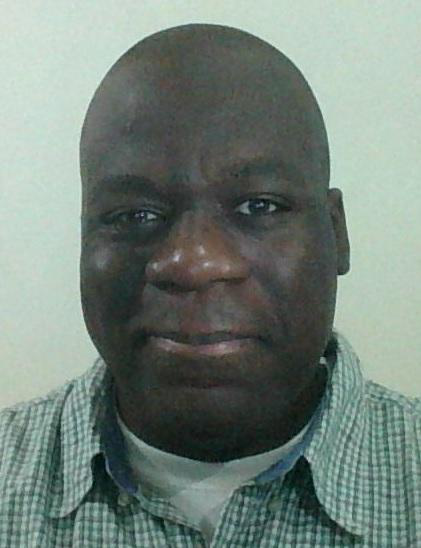No one wants to be lectured to about money, especially adults, but grown adults can sometimes use refresher courses on money management.
The typical American consumer wastes over $5,400 annually on impulse buys. (Over 70% of consumers impulsively bought food whenever an opportunity presented itself.).
People innately buy things they don’t want or even need because they want it, even when they know better.
It’s human nature.
However, with the current economic climate we are living in, personal financial waste, unwitting or not, is an untenable mindset.
Here are three ways to save more money.
Clothesline
OK, now here me out on this one.
No, I am not suggesting that you throw out your washing machine. If you have a large family, living without a washing machine is just not practical.
What I am saying is that if you stuff a dryer full of clothes then it will take hours to fully dry. And in the meantime, you will just increase your energy bills.
After washing your clothes, and if you have space, dry as many clothes as you can on a clothesline. You will save on your energy bills and your clothes will dry quicker on a windy day.
Yes, there is a little more physical work involved, but most of us are currently stuck at home anyway.
Buy Generic
With most things in life, we are paying for the brand name and not the actual product.
They are not called a “brand,” for nothing.
Did you know that you could save over “,000 annually if you stopped buying food based on brand names and just started buying generic brands?
In the 1980s, the great cola advertising wars of the era resulted in advertisers blindfolding consumers in malls and asking them to differentiate between popular cola brands.
They couldn’t tell the difference because most colas taste the same. Our minds and personal tastes convince us that one cola is better than the other. In the end, we are just paying for the brand name.
The savings that you can generate from buying generic does not only extend to buying groceries only.
Embrace buying generic brand products in every aspect of your spending life. Buy generic when you buy your prescription medicine, clothing, laundry products, and other products.
Stop Buying Shaving Cream
The average shaving cream package costs $4 or $5. If you or someone you know shaves daily, that can really add up in the long run.
Get in the habit of washing your face, hydrating it thoroughly, and then lathering up with simple soap before shaving. This will also stop you from throwing out and wasting those soap chips that collect in your soap dish as well.
Consistently Reassess Your Finances
Make a budget and keep to it. Also, remember that a budget is only as good as the current state of your finances. Update your budget accordingly and regularly.
Keep a purchase diary to keep track of the things you buy. You may be surprised to learn about your own unwitting impulse buys when they are staring back at you in a diary.
Bonus Idea: Get As Much Cash Back As You Can
Americans don’t haggle, as a culture, we find other ways to avoid paying full price. One of those is getting cash back. There are a couple of ways to do effectively do this.
First, use a cash back credit card. This will give you a couple of points of realized savings in your annual budget. Be sure you don’t spend more on your card than you have in your account – the interest will obliterate any kind of savings you’ll get from the cash back.
Second, use a cash back site if you’re buying online. Some good ones are DollarDig, Rakuten, and BeFrugal. Cash back sites are a bit old fashioned, but they’re an effective way to save money. How they work is you open an account with the site, then surf to where you want to buy something. Once you make a buy, the retailer sends a commission to the site, who splits the money with you.
Read More
5 MONEY LEAKS TO PLUG FOR MORE SAVINGS
3 HABITS TO DEVELOP TO LIVE A THRIFTY LIFE
HOW TO TECHNICALLY GET AWAY WITH NOT PAYING TAXES
4 SIGNS YOU BOUGHT THE WRONG HOUSE
THE BEST ONLINE BANK ACCOUNTS FOR 2020

Allen Francis was an academic advisor, librarian, and college adjunct for many years with no money, no financial literacy, and no responsibility when he had money. To him, the phrase “personal finance,” contains the power that anyone has to grow their own wealth. Allen is an advocate of best personal financial practices including focusing on your needs instead of your wants, asking for help when you need it, saving and investing in your own small business.
